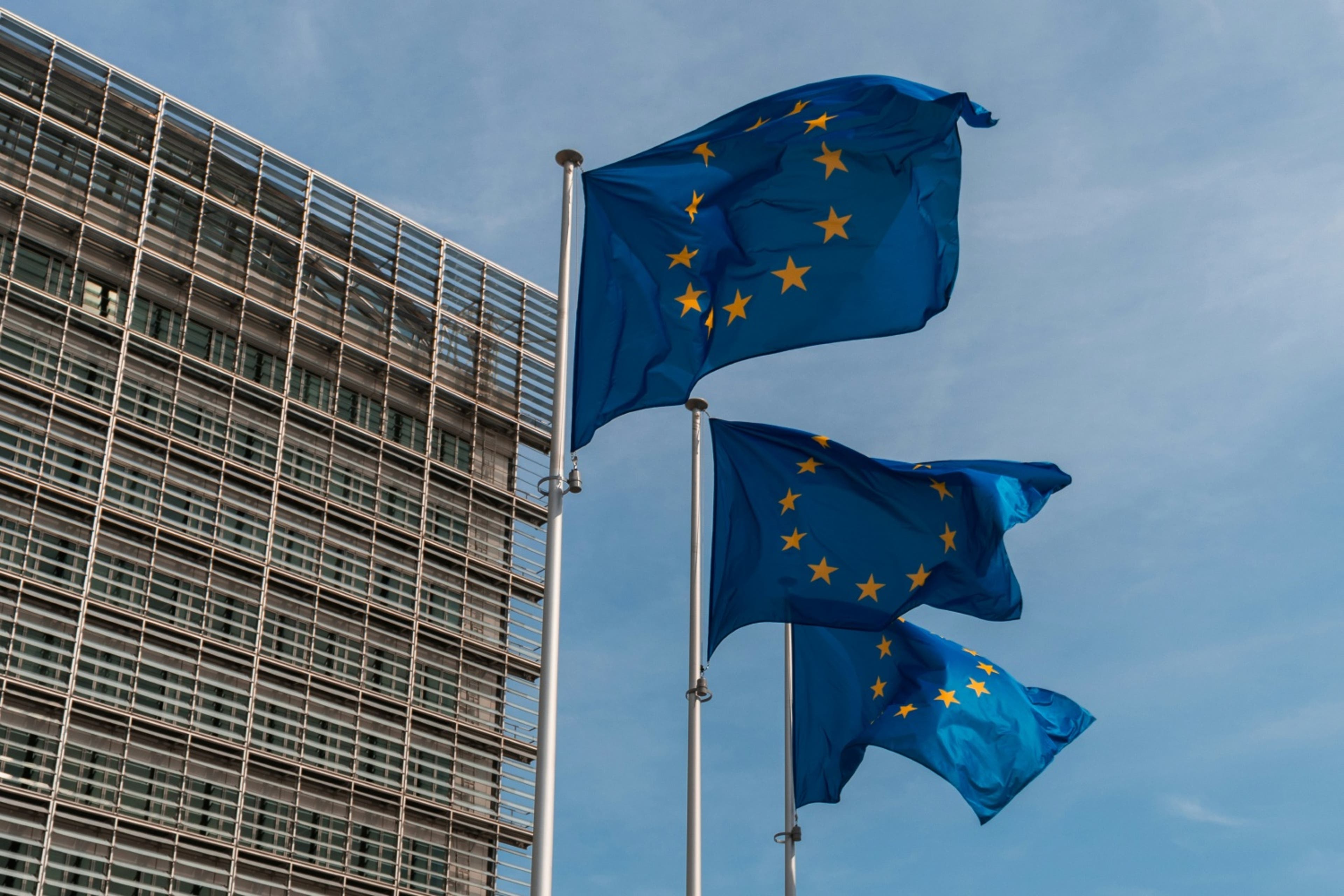The European Commission is not considering a pause on the implementation or enforcement of the landmark EU Artificial Intelligence Act, even as policymakers mull a broader simplification of the bloc's digital rulebook.
During a 4 July press briefing, Commission spokesperson Thomas Regnier ended speculation regarding a potential delay on AI rules with the August deadline for general-purpose AI compliance approaching and a voluntary GPAI code of practice unpublished.
"Let me be clear as possible: there is no stop the clock, there is no grace period, there is no pause," said Regnier, noting the firm stance relates to legal obligations to uphold implementation deadlines. In a LinkedIn post further elaborating on his comments, Regnier noted the Commission is working on setting up an AI Act service desk to provide business compliance assistance.
He did indicate there is ongoing consideration for delaying implementation of GPAI code until the end of 2025. While the code is nonbinding, adherence to its principles helps signal compliance with the AI Act's general-purpose requirements.
The code was due to be finalized in May after multiple draft iterations, but debate over the contents of the code have created a lag. European Commission Executive Vice-President for Technological Sovereignty, Security and Democracy Henna Virkkunen said the finalized text is expected to be published before August.
Before the Commission's latest comments, Virkkunen put consideration into a version of an enforcement delay sought by a group of EU member states. Poland pitched a potential pause during a 5 June European Council Transport, Telecommunications and Energy Council meeting, while the Czech Republic went as far as calling for a delay of at least two years.
European and U.S. companies are also advocating for a delay. According to The Financial Times, Airbus and Mistral AI are among the companies that joined an open letter to the Commission on how the complex set of digital regulatory rules in Europe will make it difficult for companies to deploy AI at scale. The group called for a two-year delay to AI Act obligations as well as postponing enforcement until practical standards and guidance are in place.
"This is not a call for delay for delay's sake. It's a call for strategic implementation to ensure regulation protects what matters most without compromising innovation or industrial leadership," the letter stated.
According to Reuters, the Computer and Communications Industry Association Europe, a trade group whose members include Alphabet, Meta and Apple, are also lobbying for a relaxed approach to implementation.
On the other hand, members of civil society support the Commission going full steam ahead with implementation. Corporate Europe Observatory researcher Bram Vranken said any delay would play into some companies' desire for less regulation overall and promote products and services that could potentially hurt consumers.
"But while there is widespread support among citizens to enforce the EU's digital rule-book, the Commission's misguided obsession with competitiveness and deregulation is putting fundamental rights on the line in favour of Big Tech's corporate interests," he said in a press release.
Some members of the European Parliament have questioned whether a delay would benefit anyone in the long run. Irish MEP Michael McNamara said during the IAPP and Berkman Klein Center For Internet and Society's Digital Policy Leadership Retreat 2025 a delay is logical but could hurt EU regulatory efforts in the long run.
"I think a delay is acceptable, but there comes a point at which any delay, if it's for a long time, just kind of deprives (the regulation) of the momentum it needs to work. That would be a concern," he said.
The Commission has been considering an omnibus package of digital simplification rules, which is expected by the end of the year. According to Euractiv, a separate Commission spokesperson said, "all options remain open for consideration at this stage" with the omnibus.
Caitlin Andrews is a staff writer for the IAPP.

